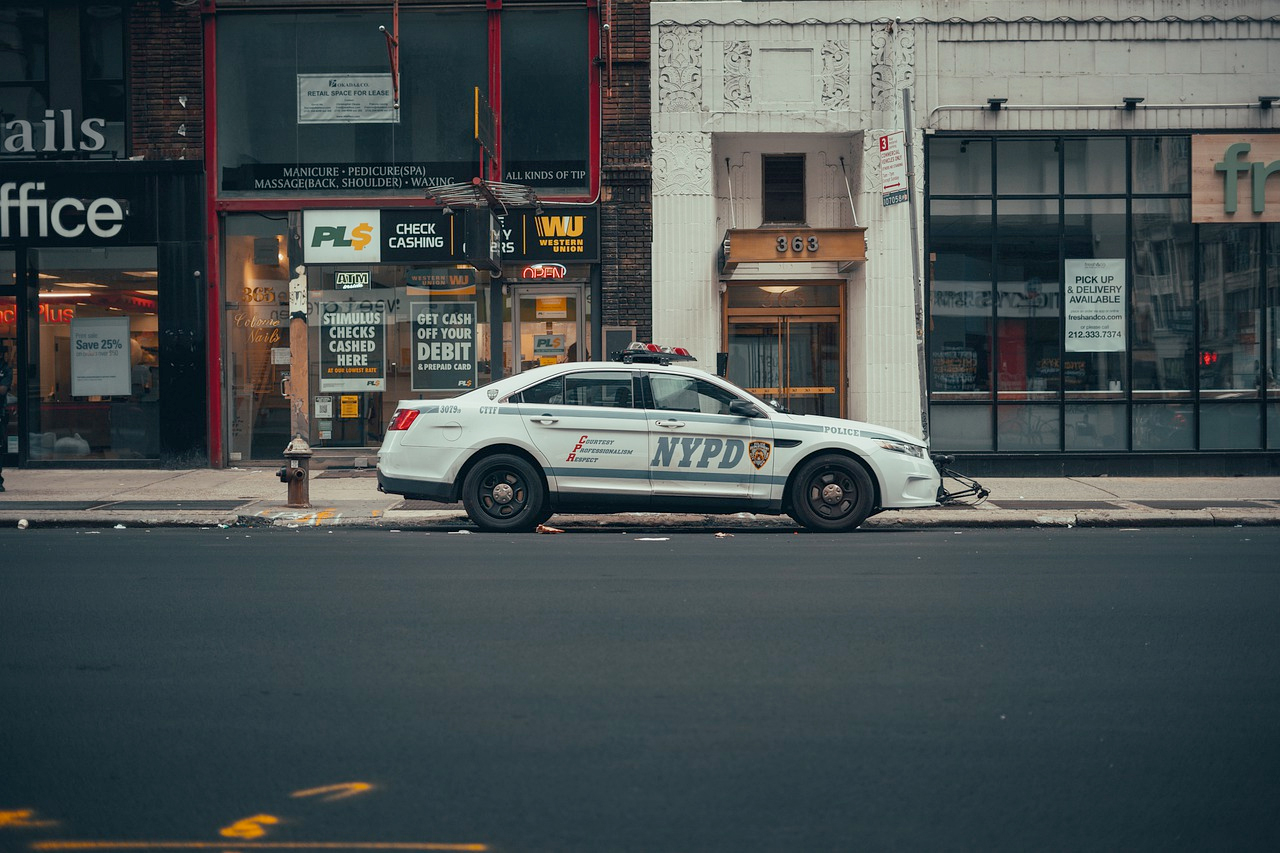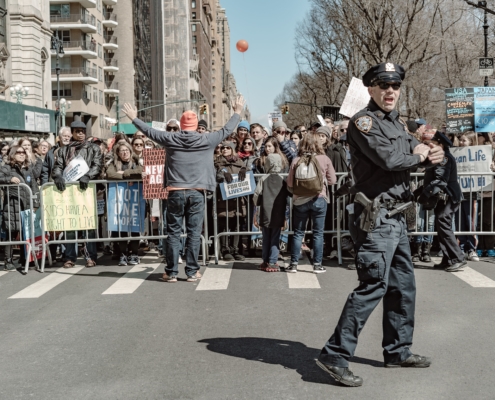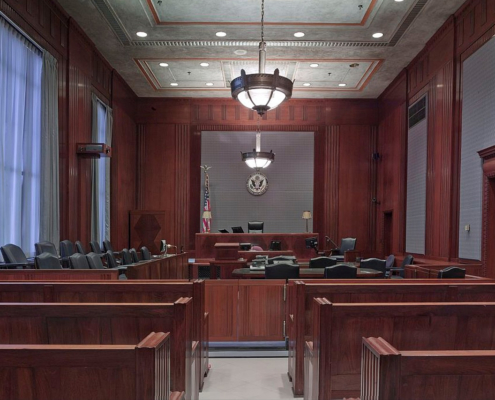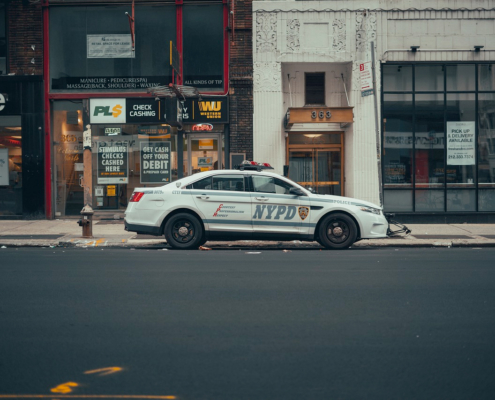Implicit Bias and Juries
Implicit Bias and Juries
Since the onset of the COVID-19 pandemic in mid-March 2020, in New York City jury trials have virtually ceased. Fewer than ten trials have proceeded from jury selection to verdict in New York City in the past year. During that same period, we have witnessed a genuine grassroots movement, brought about by groups and individuals from different corners of society, seeking to achieve a measure of equality for members of society who have long been marginalized.
The movement cannot be traced back to a single event, but certainly the tragic death of George Floyd was the impetus for thousands of people to insist on real change. Protestors in cities throughout the nation took to the streets and demanded that communities of color be treated with dignity and respect. Politicians, journalists and celebrities joined in the call for greater justice for all. What remains to be seen is how will the events of the past year will affect the criminal justice system.
Last year, New York’s Chief Justice, Janet DiFiore, directed that a report be prepared on race in the court system. Judge DiFiore appointed former Obama Administration cabinet member Jeh Johnson to prepare a comprehensive analysis along with recommendations. We believe that the recommendation pertaining to jurors’ implicit bias is particularly noteworthy.
First, we must understand what implicit bias is. Noted psychologist and scholar Anthony Greenwald defines implicit bias as “thoughts about people that you did not know you had.” An example cited by Dr. Greenwald is the stereotyping Asians as foreigners and therefore implicitly believing that they may have difficulty speaking and understanding English. A second implicit bias example would be associating women with being homemakers and therefore implicitly believing that women are less likely to be business leaders. While implicit bias is prevalent throughout society, in jury trials, particularly in criminal cases, there is a concern that implicit bias based upon race will affect the outcomes of cases.
Jeh Johnson’s report recommends that implicit bias be addressed in three ways: 1. A video about implicit bias should be shown to all potential jurors; 2. Attorneys should be permitted to ask prospective jurors questions about implicit bias during jury selection; and 3. That prior to deliberations, judges instruct jurors on implicit bias.
It is difficult to overstate the importance of the court system addressing implicit bias in jurors. Juries decide whether an individual is guilty of a crime. The consequences of a criminal conviction on an individual could be life altering.
The influence of race on jurors has been the subject of studies, books, plays and movies. Based upon the recommendations contained in the race in the court system report, we at the Law Office of Jeff Henle, P.C. believe that judges will permit attorneys to probe jurors for implicit bias. We also believe that jury instructions will be added so that jurors are instructed to be aware of implicit bias and that they are required to put any biases they may harbor aside when considering the evidence adduced at a trial. These issues concerning implicit bias have yet to play out, but when jury trials return to courthouses, we are hopeful that these overdue changes to the manner in which cases are adjudicated will result in better and more just outcomes in the future.






